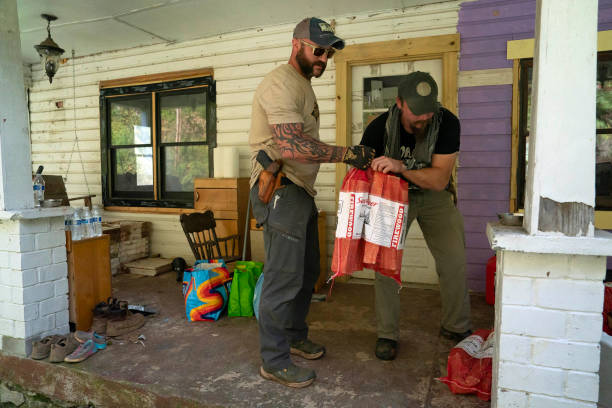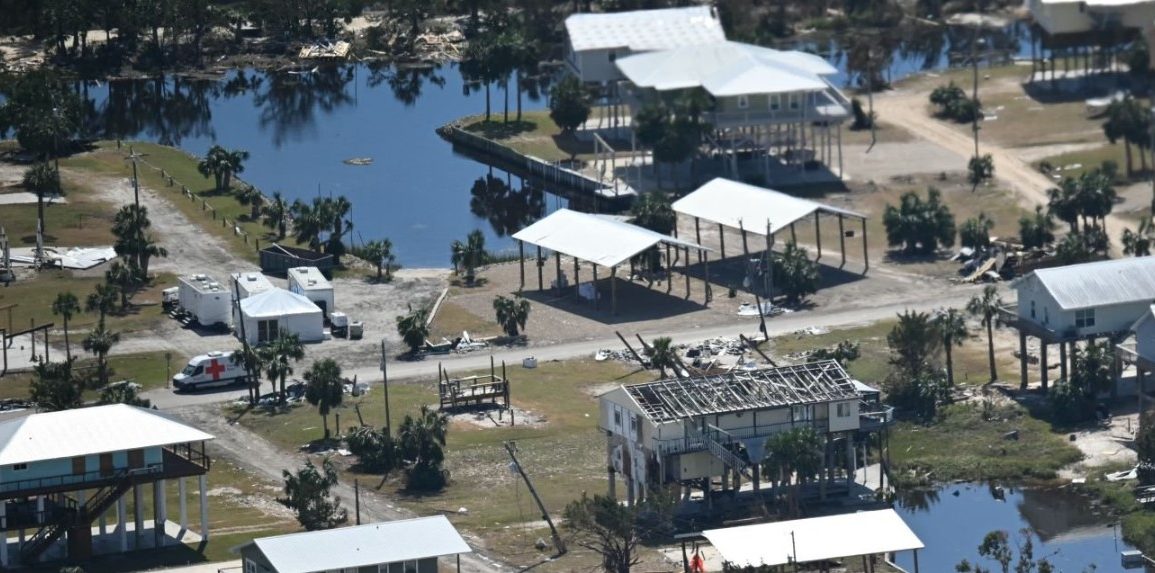As the sun rises over Florida, the state grapples with the aftermath of Hurricane Milton, which formed in the southwestern Gulf of Mexico and made landfall this week.
This storm followed closely on the heels of Hurricane Helene, leaving many residents anxious and still recovering from the previous disaster.
Although major cities like Tampa and St. Petersburg were fortunate to avoid the worst, the impact has been severe along other areas of the Gulf Coast.
The combined toll of Hurricanes Helene and Milton is staggering, with reports indicating around 250 lives lost, thousands displaced, and millions left without power.
Florida’s Republican Governor Ron DeSantis acknowledged the challenges ahead, stating, “We did not get the worst-case scenario, but we did get hit, and we’re going to have to work to bounce back.”

The economic damage from these storms is estimated to be between $160 billion to $180 billion, marking it as one of the most destructive weather events in Florida’s history.
The state has endured extensive flooding and infrastructure damage, prompting ongoing water rescues and cleanup efforts.
Elections in Florida may also face disruption due to the storms. County officials are assessing the condition of polling sites ahead of next month’s general election.
With executive orders signed to facilitate voting for displaced residents, officials are optimistic about maintaining electoral integrity despite the challenging circumstances.
Furthermore, Florida’s real estate market may experience shifts as the insurance crisis worsens amid rising premiums.
However, experts believe that Florida will continue to attract new residents despite the recent hurricanes. The resilience of the state and its economy will be put to the test in the months to come as recovery efforts begin.

